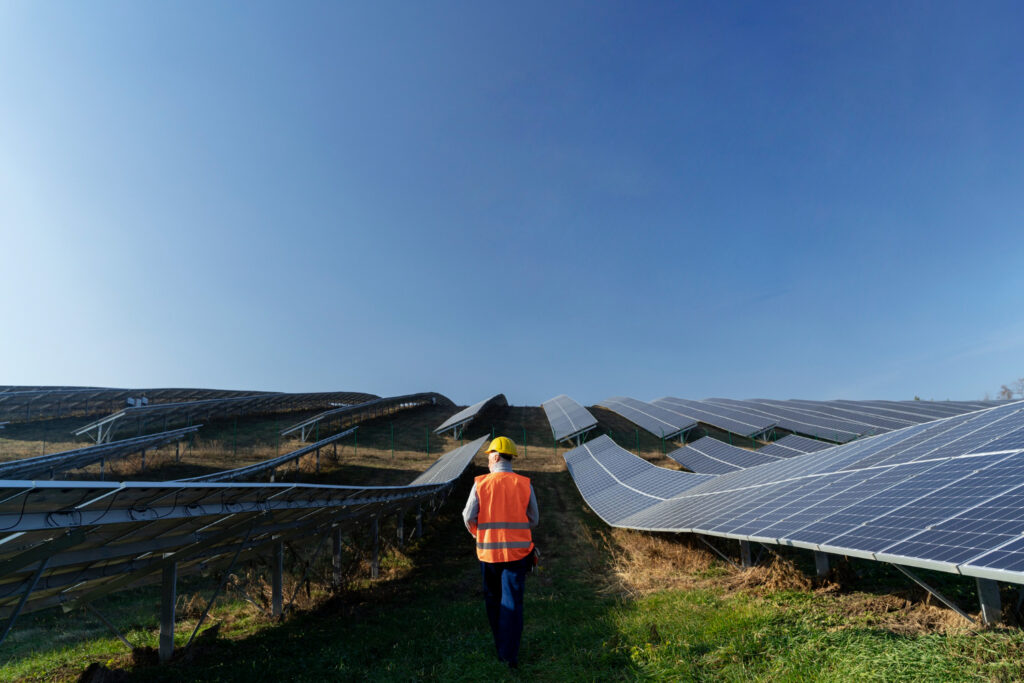With companies shifting to energy-efficient solutions, solar panels have become a widely used solution. People are importing solar panels globally. However, it is a time-consuming process that requires many steps and materials along the way.
It is crucial for businesses to be aware of all the standards and regulations before importing solar panels. Also, the prerequisites involved with the installation and importing of solar panels.
Being aware of all the rules and regulations in advance can help businesses avoid unnecessary penalties or charges during the process. There are many other things related to the import process that one must be aware of.
Here are some of the crucial aspects that every business needs to be careful about.
1. Quality and Certification
When considering solar panel imports, the hallmark of a wise choice lies in its quality and certification. Solar panels that adhere to international quality benchmarks and possess the necessary certifications provide an assurance of their safety, durability, and efficacy.
These certifications act as a testament to the panel’s robustness, its ability to perform efficiently, and its alignment with safety regulations. By prioritizing these factors, one can ensure that their investment in solar energy is backed by products that are both dependable and high-caliber.
2. Supplier Reputation
The credibility of your supplier is a cornerstone of your solar panel procurement experience. The solar industry, like all industries, has a mix of both reliable and questionable suppliers. Hence, diving into the reputation of your prospective supplier can be a safeguard against pitfalls.
Reliable suppliers often have a consistent history of delivering top-notch products. To paint an accurate picture of a supplier’s standing, delve into customer reviews, seek peer recommendations, and study their history in the market. Such insights can shield you from the risks associated with inferior products.
3. Shipping and Logistics
The journey of your solar panels from the manufacturer to your doorstep is laden with logistical intricacies. This journey comes with its own set of costs and timelines, encompassing shipping charges, customs duties, and inland transportation. Each of these elements can influence the total cost and duration of the import process.
By collaborating with expert import brokerage, you can navigate the maze of logistics with more ease and expertise. Whether you’re dealing with a one-time order or bulk shipments, leveraging professional assistance can ensure smoother customs clearances and more efficient transportation. No matter if you have a single order or a high-volume shipment, professionals can help you pass through customs without a hitch.
4. Cost and Value
It’s a common misconception that the least expensive option equates to the best deal. In reality, value encompasses more than just price. For instance, with solar panels, although a high-quality variant might have a heftier price tag, its superior efficiency, extended lifespan, and favorable warranty could mean more benefits in the long run. Thus, a holistic assessment considering both cost and value can be crucial in decision-making.
5. Compatibility and Regulations
Global trade means products often cross borders, but electrical standards and regulations may differ by country. When importing solar panels, it’s imperative to ensure that they meet your country’s specific standards for grid connection and safety. This prevents potential complications, ensuring that your investment is compliant and secure.
6. Warranty and Support
Warranties function as a safety net, offering customers protection against potential product defects or issues. Especially for a significant investment like solar panels, the warranty’s terms and coverage play a pivotal role. Knowing whether the warranty covers shipping costs for replacements or other potential issues ensures peace of mind.
7. Environmental Impact
Solar panels inherently support sustainable energy; however, the manufacturing processes behind them can vary. Delving into a manufacturer’s environmental practices can help determine if they uphold a commitment to sustainability. By choosing eco-conscious manufacturers, consumers can better align their purchases with a broader vision of environmental stewardship.
8. Energy Efficiency
Efficiency determines the amount of sunlight a solar panel can convert into usable energy. Panels with higher efficiency ratings might require a larger initial investment but have the potential to generate more electricity over their operational life. Hence, they could offer a more favorable return on investment in the long run.
9. Future Expansion
Solar energy setups are often scalable. If you anticipate expanding your solar array in the coming years, the availability of identical panels from your chosen supplier becomes crucial. Uniformity in panels can lead to a consistent aesthetic and performance, ensuring your solar setup functions as a cohesive unit.
Summing It Up
There is no doubt about the fact that importing solar panels requires careful consideration of various factors to ensure you are getting a reliable and efficient product. If you encounter challenges with the import process, seeking assistance from an expert import brokerage can make the process smoother. So, never stay behind to explore all possible solutions to correctly align with your renewable energy goals.

